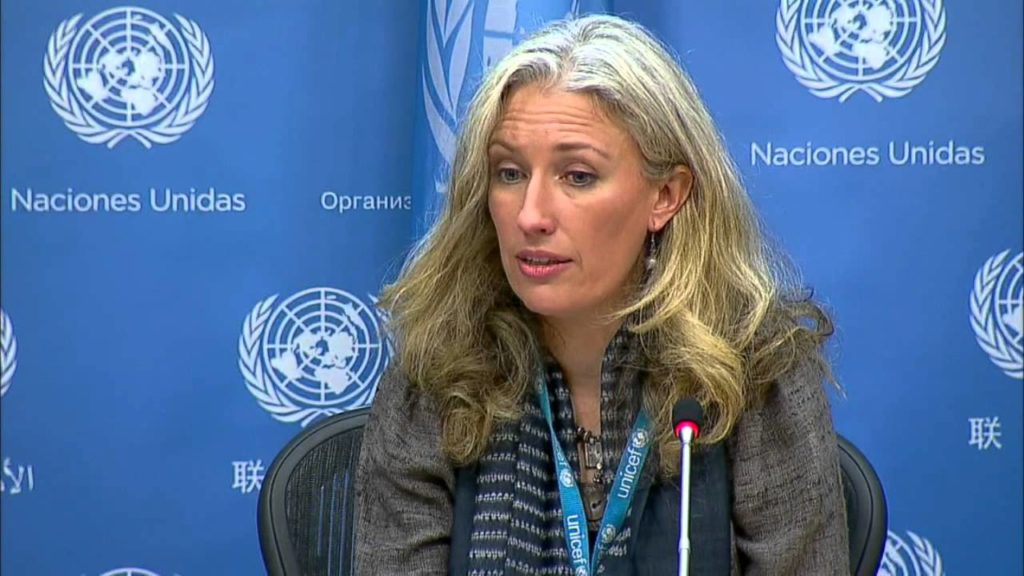The United Nations Children’s Fund (UNICEF) has said that not less than 47 million Nigerians still indulge in open defecation in the country.

Mr Bioye Ogunjobi, Water Sanitation and Hygiene (WASH) specialist of UNICEF, said this in Kano on Wednesday, May 22, 2019 at the opening of a two-day media dialogue organised by the Ministry of Information and Culture in collaboration with UNICEF.
The dialogue which is entitled: “Clean Nigeria: Use the toilet”, will be engaging and enlightening people on the implications of open defecation and WASH related issues.
“Forty-seven million people in Nigeria are still practising open defecation. And “Clean Nigeria: Use the Toilet’’, is a campaign by UNICEF to ensure that Nigeria is clean through the use of toilets,” he said.
He noted that, out of the 47 million people, North-Central region has 53.9 per cent which constitute 15 million people making it the highest region practicing open defecation.
“However, this campaign is designed to address not only open defecation but also people with unimproved toilets,” Ogunjobi said.
Ogunjobi said the South-West has 28 per cent, North-East has 21.8 per cent, North-West 10.3 per cent, South-South 17.9 per cent, while South-East has 22.4 per cent.
He disclosed that only 64 per cent of Nigerians had access to basic drinking water services, 42 per cent had access to basic sanitation services, while only 20 per cent have fixed lace for hand washing with soap and water.
Ogunjobi also disclosed that only six per cent of Nigeria schools have basic gender sensitive WASH services, while five per cent of Nigerian health facilities have basic sensitive WASH services and only 12 per cent of markets and motor parks have basic WASH services.
“In Nigeria today, 11 per cent of Nigerians suffered diarrhoea in the past six weeks and 76 per cent are children under the age of five. And this diarrhoea is the second largest killer disease in Africa,” he said.
Ogunjobi said UNICEF was engaging the services of the media because they were key partners in the campaign.
He added that the people had to know the health implications of open defecation and that UNICEF had plans to put an end to open defecation by 2025.
By Ayinde Olaide Abdulsaheed
